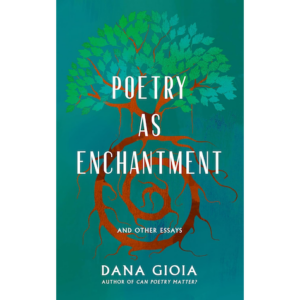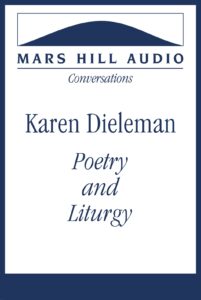
Poetry and Liturgy
Karen Dieleman explores the influence of liturgical practices on shaping the imaginations and poetry of Elizabeth Barrett Browning, Christina Rossetti, and Adelaide Proctor. (49 minutes)
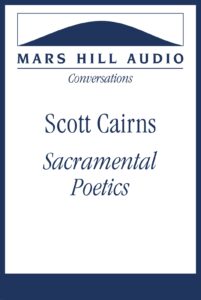
Sacramental Poetics
Poet and Eastern Orthodox believer Scott Cairns explains how a good poem functions like an icon: it assists the process of our becoming aware of what is real, and it is generative in the ways it keeps opening up new understandings. (56 minutes)
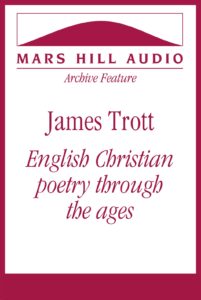
Poetry and piety
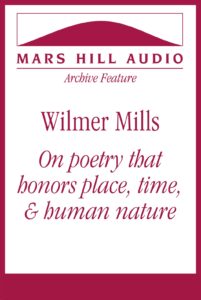
A poet’s relationship to time
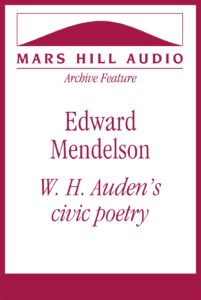
The life of the city in poetry
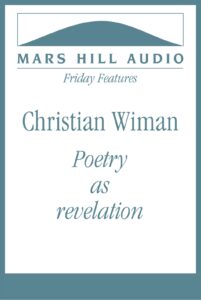
Joy & sorrow, destitution & abundance
In this poetry reading and talk, poet Christian Wiman discusses his own faith journey and how his struggles worked themselves into his poems. (40 minutes)
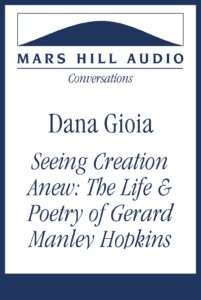
Seeing Creation Anew: The Life & Poetry of Gerard Manley Hopkins
Dana Gioia examines Gerard Manley Hopkins's poetic genius and dedication to Christ in spite of his personal trials and difficult cultural context. (55 minutes)
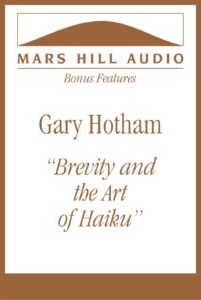
“The essence of a moment, clearly perceived”
Haiku poet Gary Hotham reads his poetry and discusses how the form of haiku reveals the connection between creatures and creation. (45 minutes)
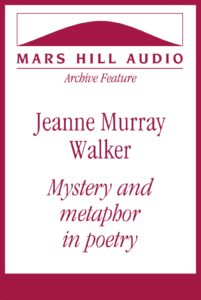
The joy and mystery of poetry
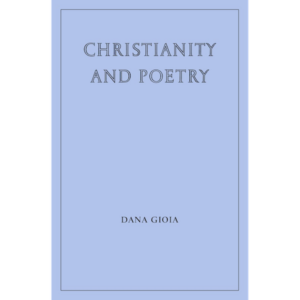
The idiom for the revelation of mystery
Dana Gioia on the foundational place of poetry in Christian faith

John Donne’s Passion in Life, Faith, & Verse
Poet Dana Gioia discusses the remarkable life of poet John Donne and how his spiritual and intellectual struggles created the conditions for his unique poetic voice. (53 minutes)
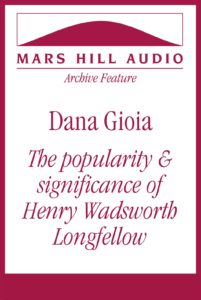
Longfellow’s appeal
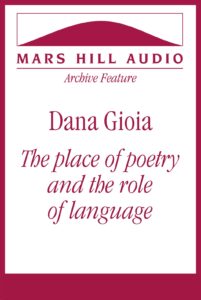
Sacramental correspondence
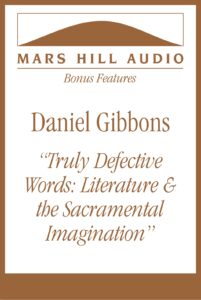
“A sign of contradiction”
In this lecture, Daniel Gibbons compares and contrasts understandings of sacramental poetics proposed by Augustine, Aquinas, and Sydney. (36 minutes)
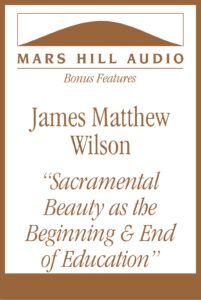
Education as a pilgrimage and a mystery
In this lecture, James Matthew Wilson gives a compelling argument for understanding the role of a literary or poetic education as an immersion of the whole being in truth and beauty. (43 minutes)
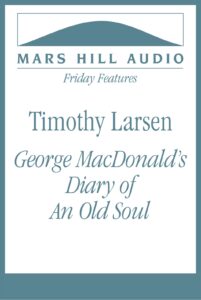
“Prophet of holiness”
Timothy Larsen discusses a new edition of George MacDonald's Diary of An Old Soul, a slim book of poem-prayers to be read daily as a devotional aid. (30 minutes)
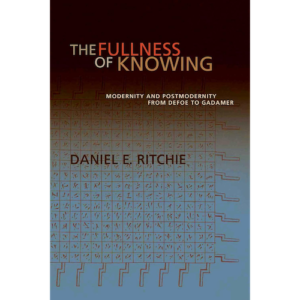
Touch’d with a coal from heav’n
Daniel Ritchie finds in the poetry of William Cowper (1731–1800) an anticipation of Michael Polanyi’s epistemology
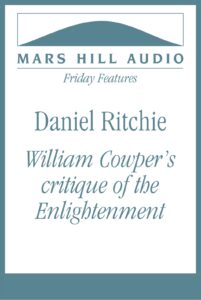
How we know the world
Daniel Ritchie argues that poet and hymnodist William Cowper was ahead of his time in critiquing the Enlightenment's reductionist view of knowledge. (16 minutes)
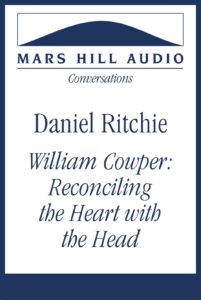
William Cowper: Reconciling the Heart with the Head
Daniel E. Ritchie discusses the life and work of poet William Cowper (1731–1800), comparing his commitment to understanding reality through personal knowledge, intuition, and rigorous contemplation with the thought of Michael Polanyi. (43 minutes)
